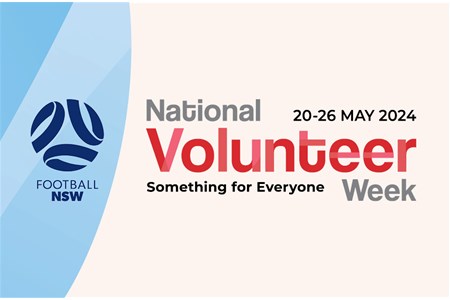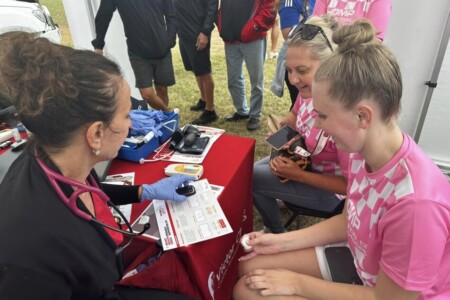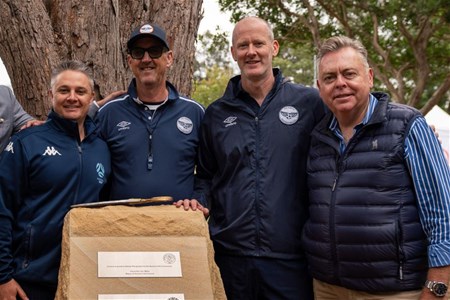Sports Rage Prevention
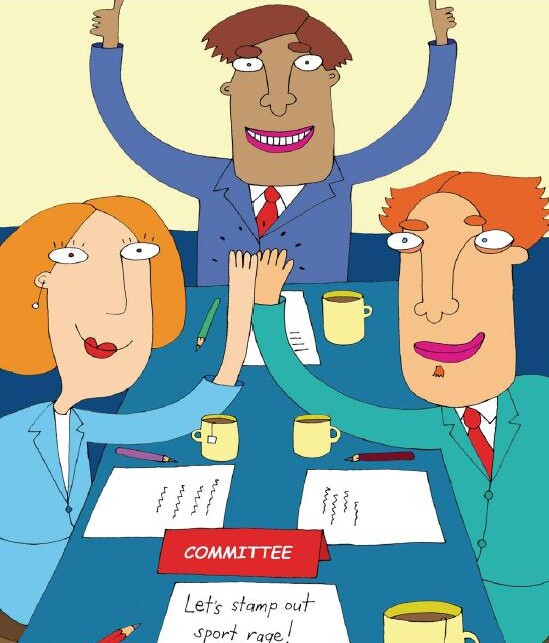
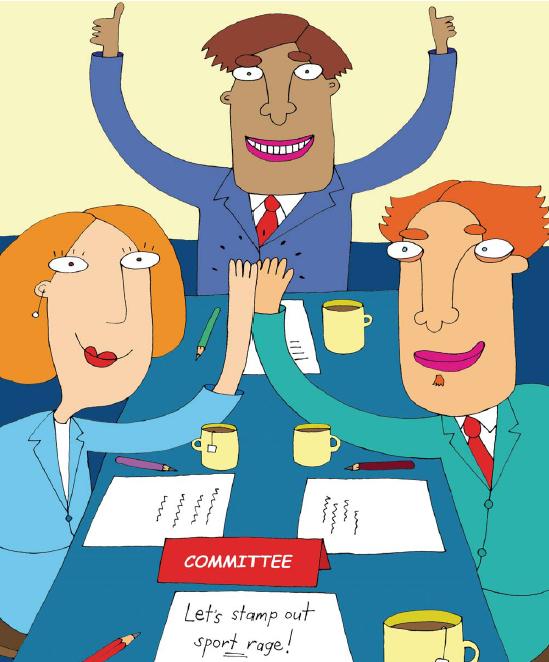
In addition to officials quitting their posts, Sports Rage is also reflecting badly on clubs involved. In many cases this is resulting in:
-
An unsafe environment for players, officials, coaches, spectators and volunteers
-
A decrease in levels of player participation
-
Withdrawal of much needed financial support from sponsors
-
An increased risk of litigation against the club.
In order to prevent Sports Rage clubs must:
1. Develop codes of conduct
Your club needs codes of conduct for administrators, coaches, officials, players and parents. They outline the agreed standard of behaviour for everyone.
Developing your codes of conduct is a great first step – as long as they don?t remain on your club shelf gathering dust. Here are some ideas for raising awareness about your codes of conduct:
-
Attach the relevant code of conduct to membership/registration forms and require members to sign the code as part of the registration process
-
Include the codes of conduct on your club website
-
Write an article in your newsletter about appropriate behaviour, focusing attention on the codes of conduct
-
Attach the codes of conduct to your club?s notice board.
2. Establish disciplinary procedures
Your club constitution or by-laws must contain a procedure for the discipline of members who breach codes of conduct. Once your club has adopted rules about disciplinary procedures then it is entitled to apply and enforce these rules.
Disciplinary action may involve a simple warning, but it could also include suspension, expulsion or require the person to participate in a counselling session.
If your club does not have disciplinary procedures contained in its rules, it’s advisable you seek legal advice as well as recommendations from Football NSW
3. Establish an incident process
With your codes of conduct and disciplinary procedures in place, your club should map out a clear process for dealing with sport rage incidents. Establish what the response is ? step by step ? and who is responsible for each step.
4. Bind non-members
When signing on as members, people must agree to abide and be bound by your club?s rules.
However, some people involved in your club activities are not club members and therefore not legally bound by your club?s rules. This might include spectators, officials or parents of visiting teams.
In this case it is important that your club secures the right to enforce its rules over such people by some other means. These can include :
-
Applying conditions of entry which specifically provide that entrants to grounds agree to be bound by the rules and policies of your club. This should be discussed with the facility owner eg. the local council.
-
Requiring parents to agree to be bound by the club’s rules. This could be achieved by asking them to sign registration forms at the start of the season
-
Implementing association rules which apply equally to home and visiting team players, officials and representatives.
5. Appoint ground officials
Your club should appoint a ground official for every game day to prevent and deal with sport rage incidents by other officials, players, coaches and spectators.
Club committees need to prepare ground officials by:
-
Providing information packs
Clubs should provide ground officials with an information pack containing:
- A job description.
- Club codes of conduct
- Club disciplinary procedures and penalties
- Club incident process
- Relevant information on enforcing rules on non-members.
- Provide distinctive clothing
Ensure your ground officials stand out on game day by providing them with something distinctive to wear.
- Organise training
Ground officials need the skills and confidence to deal with difficult situations. Have your ground official:
- Attend harassment free sport training. Call 13 13 02 for details (NSW Department of Sport and Recreation).
- Complete the free online training at www.playbytherules.net.au
- Establish a reporting system
Club committees should put in place an incident reporting system for ground officials to use.
6. Train officials and other club members
Ensuring people in your club have the skills to deal with sport rage and a good understanding of fair play is essential. There are two important training options for you to consider:
- Harassment free sport training – for club committee members and your ground official. Call NSW Sport and Recreation on 13 13 02 for details.
- www.playbytherules.net.au ? free online training on fair play and respect in sport which is suitable for officials, coaches, players and parents. Consider making it part of your accreditation processes.
For more information regarding Sports Rage please visit http://www.dsr.nsw.gov.au/sportrage/index.asp
Information sourced from the NSW Department of Sport and Recreation
